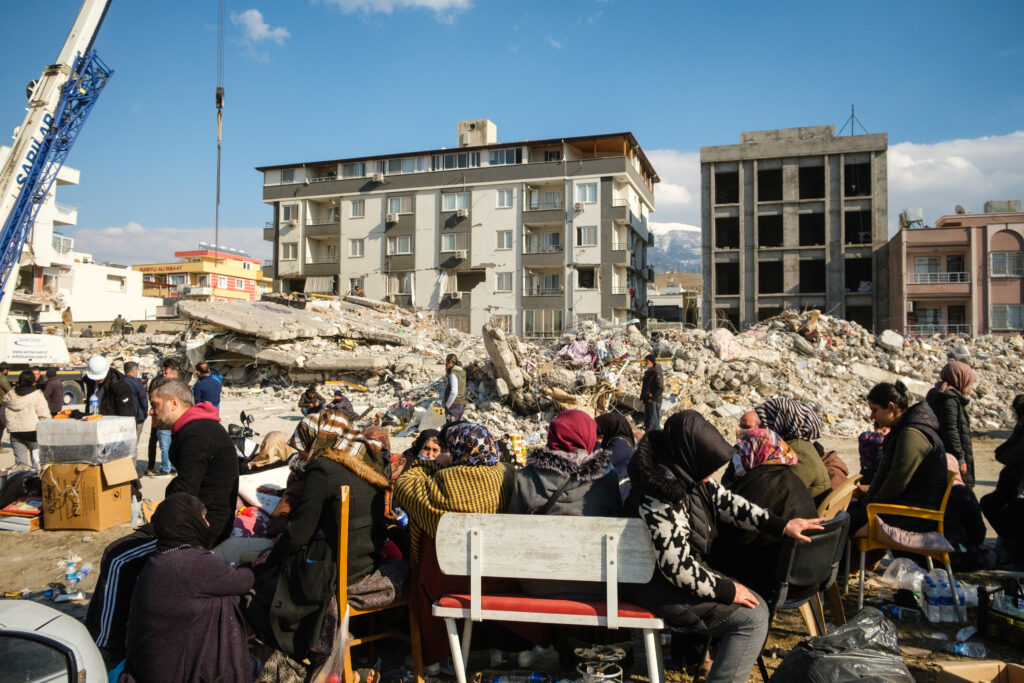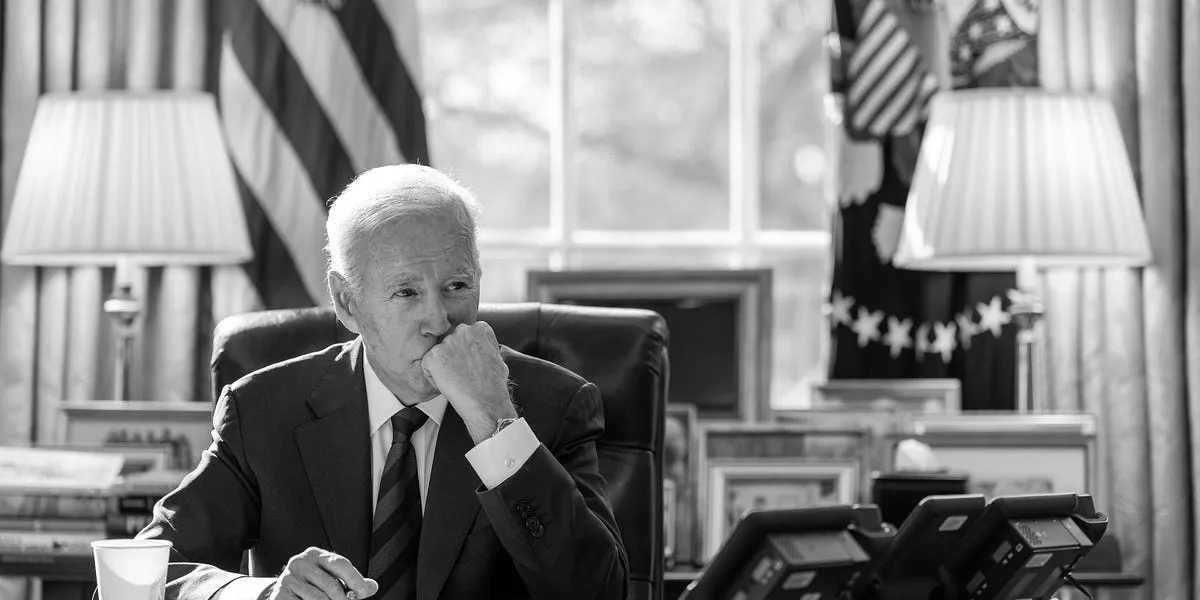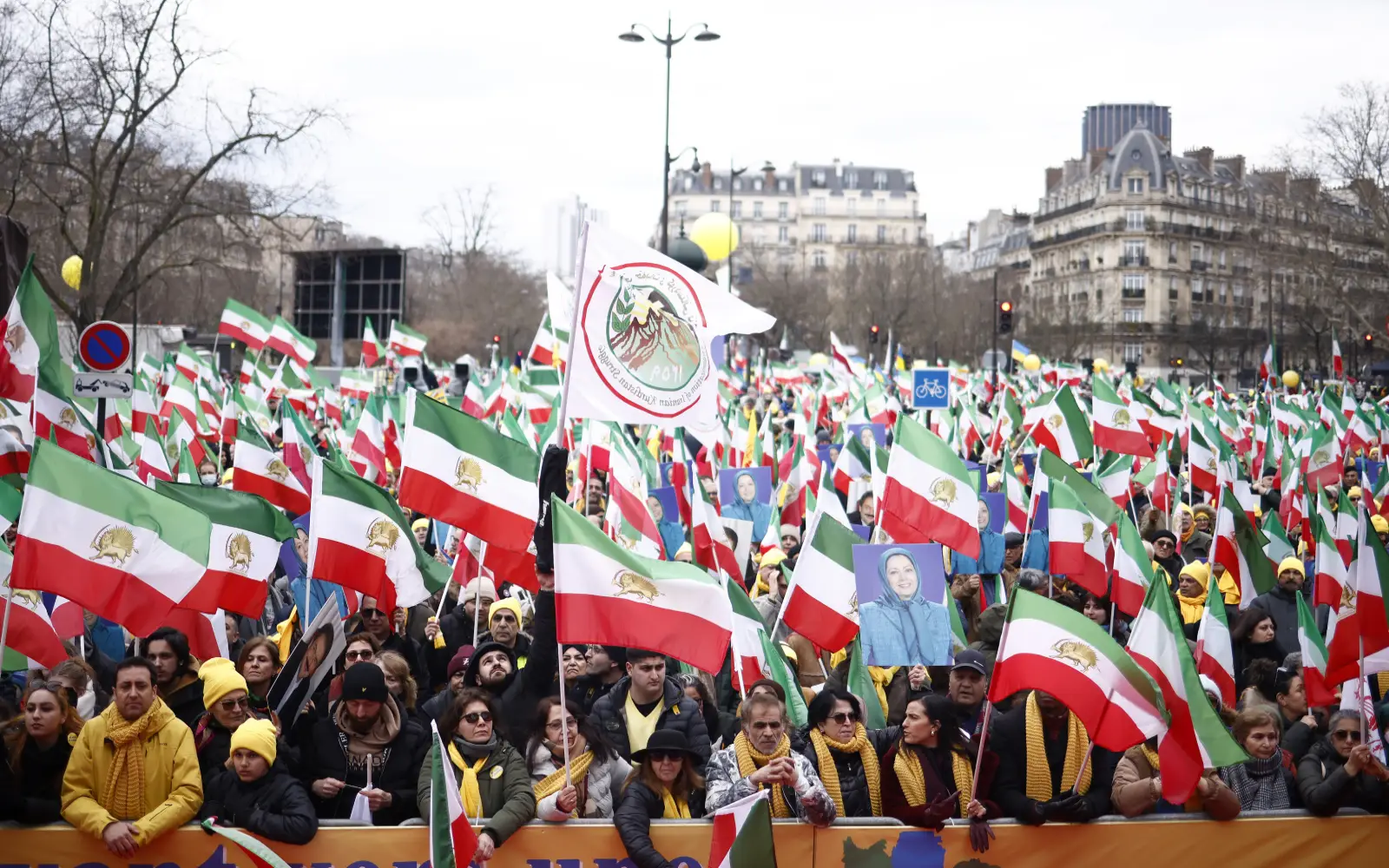Newsletter Preview
Sign up for the Warfronts newsletter and get sharp analysis on modern conflicts, military strategy, and global power shifts—delivered straight to your inbox. No fluff, no clickbait—just the essential updates and insights you need to stay informed.
Want to see what you’re signing up for? Check out a sample issue below.

“The frontline is moving in the wrong direction.”
— NATO Secretary General Mark Rutte, emphasizing the need for increased European defense spending to purchase American arms for Ukraine.
Story 1
Kurdish Leadership Strains for a Deal.

Under threat of a potentially rapid violent escalation by neighboring Turkey and its Syrian militias, the autonomous Kurdish administration of Rojava and the new Syrian federal government are working quickly to establish terms for a compromise that would stabilize the nation. Despite their efforts, however, both sides have raised alarm around a series of stumbling blocks that may prove too substantial to overcome.
Speaking with reporters on the 22nd of January, Syria’s defense minister, Murhaf Abu Qasra, expressed Syria’s desire to integrate Kurdish-led paramilitaries into the Syrian government—but emphasized that an alternative arrangement in which Rojava might keep militarily enforced autonomy, is not an outcome that Syria can tolerate.
Qasra indicated that Rojava has made offers to grant the Syrian government access to the highly lucrative oil fields on Kurdish-controlled territory, with the implication that other territorial resources, like highly productive agricultural fields, could also see their yield sent southwest. But according to Qasra, those concessions aren’t enough. Instead, Rojava’s paramilitaries must integrate to the Syrian armed forces—with severe penalties for refusal. “If we have to use force, we will be ready,” Qasra expressed.
The motivating factor for Qasra, and the Syrian government more broadly, is almost certainly its northern neighbor Turkey; the more powerful nation has vowed to step up attacks against Kurds in Syria, unless the new Syrian government can rein them in.
Beyond the desire for military integration, the new government has laid out a few other key terms for Rojava. Those include the return of Kurdish Syrians who’ve gone abroad, and the expulsion of foreign armed groups that pose a threat to Turkey. In return, de facto Syrian leader Ahmed al-Sharaa has vowed that Kurds will hold an equal place in Syrian society, and that peace talks with the Syrian administration have the support of Turkey, at least for now.
But for Rojava, it’s not so simple as just laying down weapons and coming into the fold. Ethnic Kurds have lived under threat of violence from Turkey for many years, including a large-scale 2019 offensive and a limited air campaign after the fall of Assad. Many Kurdish leaders fear the implications of handing over their jails and detention centers to Syria’s new leaders, since they would be placing thousands of Islamic State fighters and tens of thousands of loyalists into the custody of Islamist factions.
Luckily, high-level military officials in Rojava are indicating that they’d ultimately be willing to join a unified Syrian army, under the right terms. But the good intentions of Syria’s new regime and Rojava leadership are not enough to guarantee success, even if both are genuine in their approach. These negotiations can continue only so long as Turkey’s patience...
This Week on WarFronts: One Last Kick to the Biden Legacy

Joe Biden: The Tarnished Foreign Policy Legacy of America’s Forty-Sixth President.
This week on WarFronts, we published an in-depth review on the foreign policy successes and failures of now-former US President Joe Biden. From America’s controversial support of Ukraine, to its profound impact on the Israel-Hamas War, to great-power competition worldwide and the new scramble for resources in Africa, Biden’s impact on the early 21st century may ultimately prove pivotal. His legacy, however, will be one of half-measures, missed opportunities, and a failure to live up to his own lofty expectations. Watch the full episode here.
By the final week of Biden’s presidency, this episode was already in production, so our WarFronts team was not able to address the newly agreed ceasefire between Israel and Hamas. Today, let’s add an addendum—and focus specifically on the role of incoming Trump-administration negotiators who pushed the long-awaited ceasefire across the finish line.
Biden had hoped to establish a ceasefire in Gaza since nearly the start of the Israel-Hamas War, in efforts that intensified after Biden proposed a three-stage deal in May of 2024. The negotiation process, however, has been brutally difficult for most of that time. Real progress only began after the death of its leader, Yahya Sinwar, in October. Progress was then helped along by the December ouster of Syrian dictator Bashar al-Assad, who had been abandoned by the same international backer, Iran, that has supported Hamas for decades.
According to a range of sources, however, it’s the incoming Trump negotiating team—and particularly Middle East envoy Steve Witkoff—whose pressure against Israeli Prime Minister Benjamin Netanyahu was enough to force a deal. Witkoff’s explicit reliance on confrontational tactics against the Netanyahu government appears to have been the deciding factor, breaking a stalemate that Israel maintained for fifteen months against token pressure from the Biden government. Witkoff earned praise from Qatar’s Prime Minister, among others, for his role.
It's a difficult moment for Biden’s legacy in the Middle East, defined by an approach to Israel that’s been loudly condemned, even by Biden’s own left-leaning party members, for fecklessness and a refusal to use American leverage against the Netanyahu government. Such a quick breakthrough in ceasefire negotiations under Witkoff, even against the backdrop of a handover of the US political administration, may be the geopolitical equivalent of Biden letting the door hit him on his way out of office.
Story 2
Iran’s Resistance in Retreat

It’s been a very difficult past year for Iran’s Axis of Resistance, from the fall of Bashar al-Assad in Syria, to dual ceasefires for Hamas and Hezbollah, to the direct and near-total devastation of Iran’s air-defense network.
One loose thread, however, is the fate of a range of Iran-backed militias operating in Iraq. Many of those groups, although not all, fall under the unified banner of the Islamic Resistance in Iraq, and they’ve intermittently launched attacks against US and Israeli forces in Iraq, Syria, and Jordan. Their host nation, Iraq, has increasingly fallen under the sway of Iran over the last several years, to the point that it’s been at risk of entering a proxy status similar to the Assad regime in Syria.
In early 2025, Iran’s broad withdrawal from engagement with its proxy forces has left both the Iraqi state and its many militias in limbo, with no clear path forward for either party. Iraqi leaders, however, appear to be ready to change course after having evaluated their situation.
According to Iraq’s Foreign Minister, Fuad Hussein, the nation is actively engaged in efforts to force pro-Iran militias to either lay down their arms, or integrate with Iraqi security forces. Those militias are in talks with the Iraqi government, in what Hussein described as an indicator of a broader sea change in Iraqi society, brought on by the overall power shifts of the Middle East.
The new talks are part of what appears to be a broader tactical shift in Iraqi diplomacy, to pivot toward a soft landing from Iraq’s Iranian flirtations to a more stable alignment with the Middle East’s other major factions. Iraq has offered its services as a mediator in potential talks between Washington and Tehran, and has indicated a willingness to work with America’s incoming Trump administration. The government has indicated a pivot toward efforts to ward off a resurgent Islamic State, pending positive or negative outcomes in neighboring Syria.
Iraq’s new geopolitical moves don’t appear to be a reflection of change in political ideologies. Instead, they’re a pragmatic shift to avoid Syria’s fate, in a moment where Iranian allies are dropping like flies. Whether that shift is enough to convince the rest of the Middle East, and whether Iraq can rescue its militias as well as its own government, are open questions for now.
Around the World.
- Ukrainian President Volodymyr Zelenskyy and the Ukrainian Foreign Ministry have backed off from assigning specific numbers to what Ukraine hopes will be a large-scale foreign troop deployment, after a peace deal with Russia. Zelenskyy had previously called for a minimum of 200,000 European peacekeepers.
- The United States designated Yemen’s Houthi rebel organization as a foreign terrorist organization.
- South Korea’s now-former Defense Minister, Kim Yong-hyun, told South Korean courts that impeached President Yoon Suk-yeol did not intend to impose immediate military rule in his December 3 attempt to institute martial law, despite Kim Yong-hyun’s insistence that the military be deployed across Seoul.
- Rebels in Myanmar have reduced electricity supply to just 17% of total need in the regime-controlled city of Mandalay, and just 35% in the capital city of Naypyidaw.
[There’s going to be some other stuff here, that we’re not ready to reveal yet]
Around the World (Continued).
- A joint force comprised of five thousand soldiers from the military junta-led nations of Mali, Niger, and Burkina Faso are set to deploy in a regional peacekeeping operation.
- The Islamic State claimed credit for the death of a Chinese national in northern Afghanistan, continuing a streak of IS attacks against Chinese interests in the country.
- The Jamaican capital city of Kingston is in uproar after police killed a prominent gang leader, amidst a crackdown on the Caribbean island where gang violence is common.
- The Nigerian military continues to trade fire with militant groups in Borno state, with dozens of Boko Haram and Islamic State fighters killed by Nigeria, and farming communities devastated by militant attacks.
- Indonesia plans to pardon a number of prisoners linked to armed separatist organizations in the province of Papua, with the stipulation that those prisoners renounce violence and secessionism once freed.
What We’re Reading.
This week on the Situation Room, we covered the siege of the city of Goma, in the Democratic Republic of the Congo. This February 2024 article by foreign policy outlet Inkstick Media outlines the role of Blackwater founder Erik Prince in the North Kivu region of the DRC, where Prince attempted to deploy 2,500 mercenaries from Latin American nations to secure mining areas and fight back against the rebel group M23. Inkstick provides a fascinating look at the specifics and context of the mercenary deal, and the murky links between Prince and the United Arab Emirates.
Peace and Progress.
- Despite small skirmishes between IDF forces and Hamas-affiliated militant groups, the ceasefire in Gaza has held for a fifth day. Humanitarian aid continues to flood into the Gaza Strip, with an estimated 3,000 truck deliveries by the end of the day, January 23.
- Yemen’s Houthi rebels have announced a pause in their attacks against Red Sea shipping and against Israel, as long as the Israel-Hamas ceasefire holds. The Houthis also released the crew of the Galaxy Leader, a trade vessel captured in November 2023, after keeping the crew captive for over a year.
A Final Word
Thank you for reading this week’s installment of the WarFronts Weekly newsletter. If you know someone who would enjoy this resource, forward it to them, and see what happens. If someone forwarded this newsletter to you, you can sign up here.
WarFronts Weekly is written by Evan Moloney with editorial oversight by Morris M., and produced by Simon Whistler with special support from [some people who you’ll all learn about].
Subscribe to WarFronts on YouTube or any of the major podcasting apps to receive four free episodes per week, and follow [a link we haven’t made yet] to become a member.